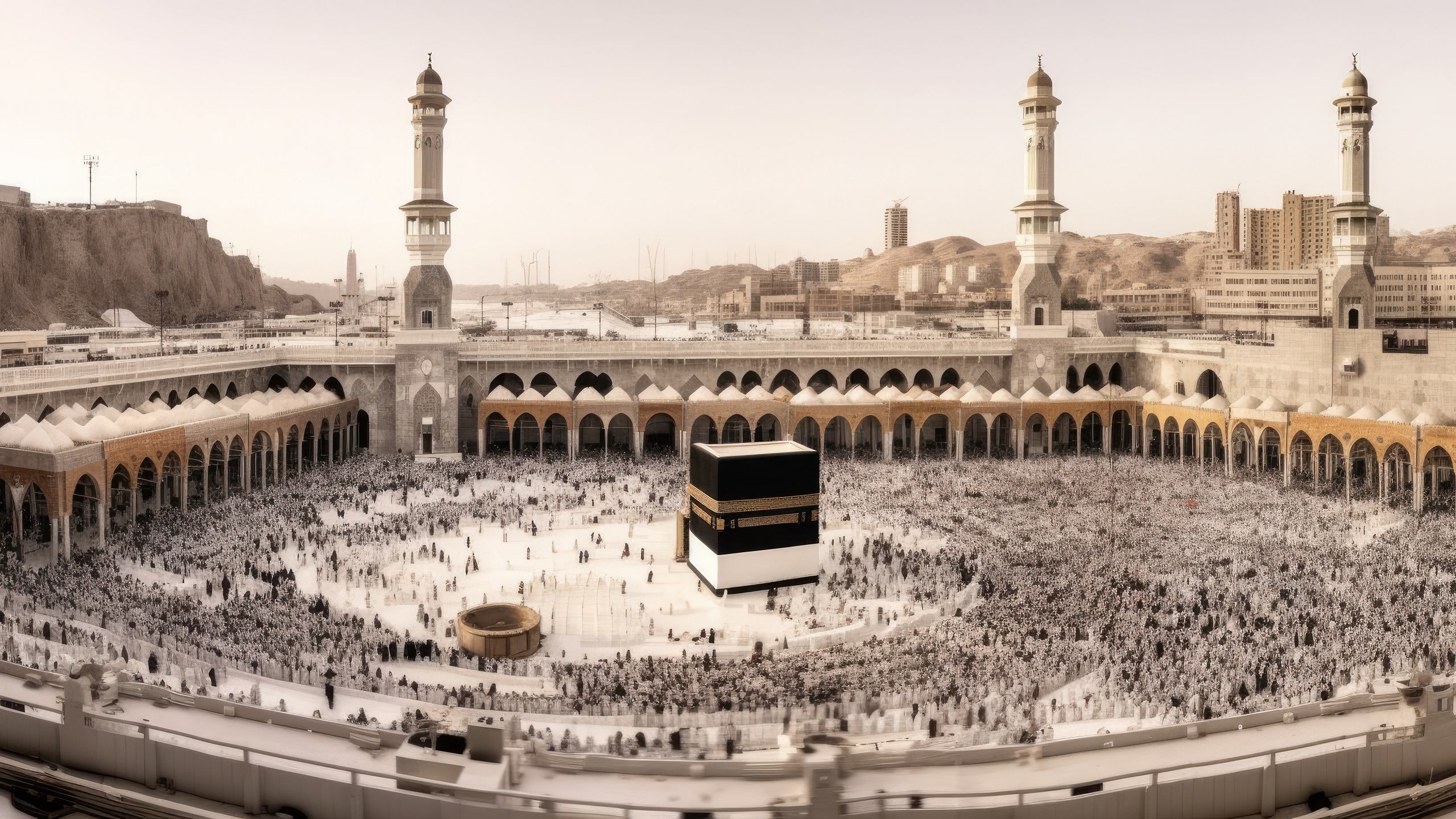2 Million Muslim Pilgrims Embark on Hajj Pilgrimage, Returning to Full Capacity After Pandemic
Two million Muslim pilgrims commenced the annual Hajj pilgrimage on Monday, marking the event’s return to full capacity for the first time since the start of the coronavirus pandemic three years ago. After circling the Kaaba, Islam’s holiest site in Mecca, the pilgrims gathered in a vast tent camp in the nearby desert for a day and night of prayer.
The Hajj pilgrimage, one of the world’s largest religious gatherings and a pillar of Islam, requires all capable Muslims to participate at least once in their lifetime.
Give the gift of hope
We practice what we preach:
accurate, fearless journalism. But we can't do it alone.
- On the ground in Gaza, Syria, Israel, Egypt, Pakistan, and more
- Our program trained more than 100 journalists
- Calling out fake news and reporting real facts
- On the ground in Gaza, Syria, Israel, Egypt, Pakistan, and more
- Our program trained more than 100 journalists
- Calling out fake news and reporting real facts
Join us.
Support The Media Line. Save democracy.


Maintaining the holy sites and hosting the Hajj is a key source of pride for the Saudi royal family, which has held Mecca since the 1920s. However, the pilgrimage has faced tragedies, such as a 2015 stampede that resulted in over 2,400 fatalities.
Due to COVID-19 lockdowns in 2020, the Hajj was restricted to a few thousand local residents and citizens, a sharp contrast to the 2.5 million Muslims who participated in 2019.
The Hajj’s rituals largely reflect the Quran’s accounts of Ibrahim, his son Ismail, and Ismail’s mother Hajar. The ritual walk between two hills, for example, represents Hajar’s search for water in the desert for Ismail.
The Hajj pilgrimage will conclude with the festive Eid al-Adha holiday, during which Muslims worldwide slaughter livestock and distribute meat to the poor.

